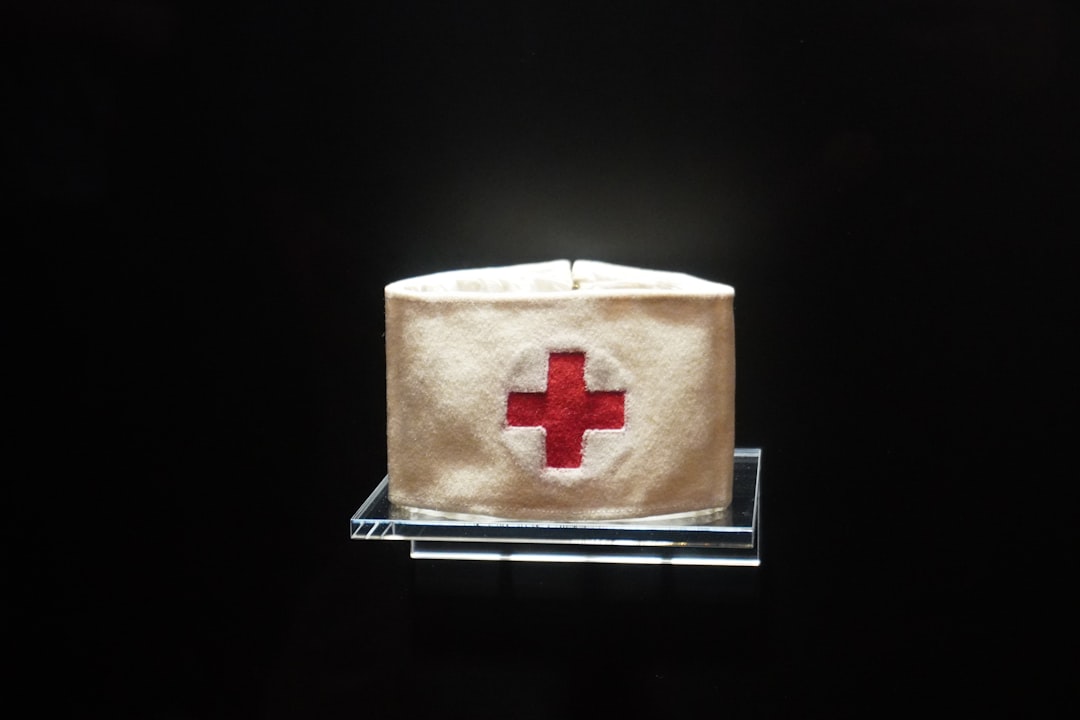A Potential Problem for Older Adults
Hospital Stays, Medications, and Anesthesia
Someone from the hospital called early Sunday morning, the day after Dan’s surgery. There was no one to stay with him, and he was combative. I had to take over. I wearily dressed, drove the five miles to the hospital, trudged up the steps, and sat beside the bed. He didn’t know where he was or why and was scared and fighting.
Let me back up; Dan was my husband. At age 78, he had minor memory problems but overall good health; he had a full-time job and took no prescription drugs. After experiencing extreme stomach pain, he insisted on going to the emergency room. Surgeons performed surgery at a local hospital three days later.
After a nine-day hospital stay, I took Dan home - he didn’t know how to get there or the street name. His body healed quickly, but his mind never did.
I’m passionate about this topic and have written about it several times. The most recent post was Three Reminders.
There are numerous articles; the following quotes give you an idea of what I learned after his hospital stay and what I wish I’d known beforehand.
Long-term hospital stays can create memory problems. The Caring Seniors Services website says
While time in the hospital can help a senior physically, it can have adverse effects on their mental health. Treatment can turn to trauma. The stress of a hospital stay can ultimately result in a decline in an older patient's psychological and physical health.
Certain medications can cause memory problems. The Health Aging.org website says
As the body ages, changes can decrease the body’s ability to break down or remove certain drugs from the system. Medications stay in the body longer. So, an older adult may need a lower dose of the medication or a different medication that is safer.
Anesthesia can cause memory problems. A National Insitute of Health website says:
Older folks often notice cognitive dysfunction following anesthesia. Age-related neuronal changes exacerbated by pharmacologic effects may be a contributor.
Together, you have the potential for problems.
I agree there are times when a person needs to stay in the hospital, take medications, and have surgery. I had surgery for a detached retina, which required anesthesia, medication, and a short hospital stay. Given Dan’s experience, I asked questions, talked with the anesthetist beforehand, and voiced my concerns - there was no problem.
Be more aware of the cons of hospital stays and prepare for them.
When possible, get a second opinion. We went straight to the emergency room; maybe seeing the regular doctor would have been a better start.
Voice your concerns and ask lots of questions - like the side effects.
Dan had memory problems that were going to get worse, but perhaps we could have had him with us a little longer if I, as his caregiver, knew then what I know now.
Thanks for reading Aging Well News! If you know someone who might like this article, please forward it or share it below.
If you want to contribute to my work, consider donating to the Alzheimer's Association. This link takes you to their website. The choice is yours.
P.S. On a lighter note:
I couldn’t resist sharing this little guy with you.





When Dan had surgery, his body recovered in a short period of time, but his memory never did. When I had surgery for a detached retina, I asked questions, talked with the anesthetist beforehand, and voiced my concerns - there was no problem.
Love the llama